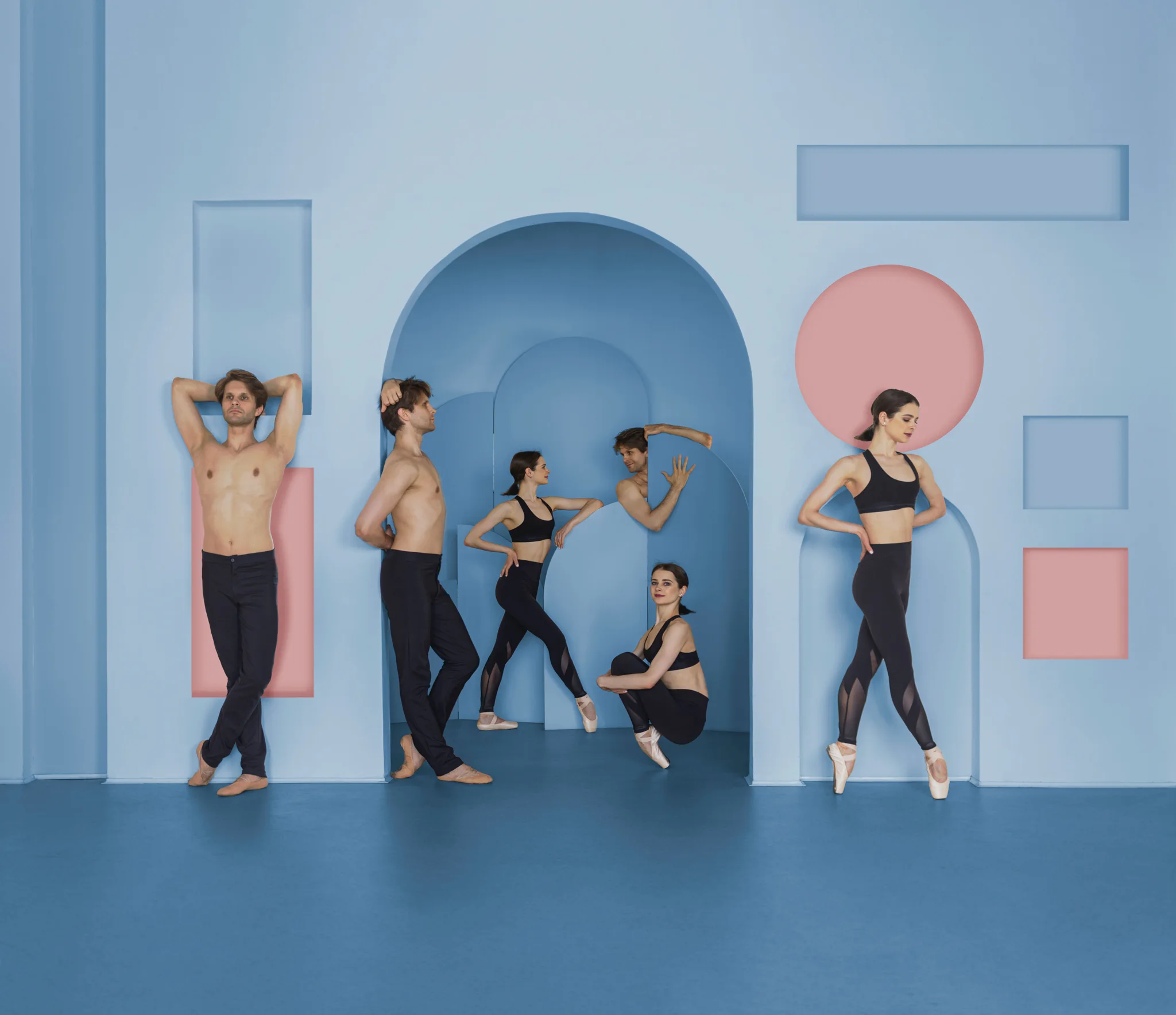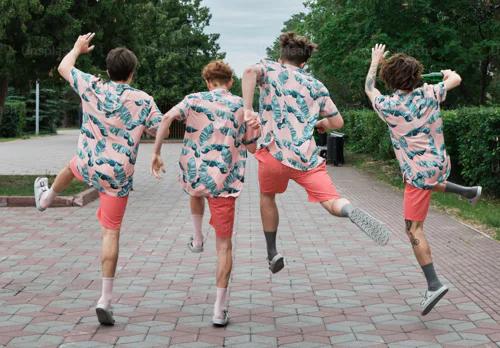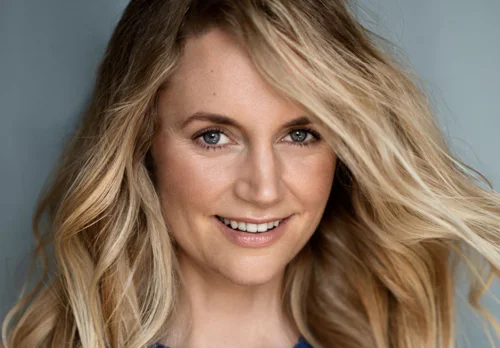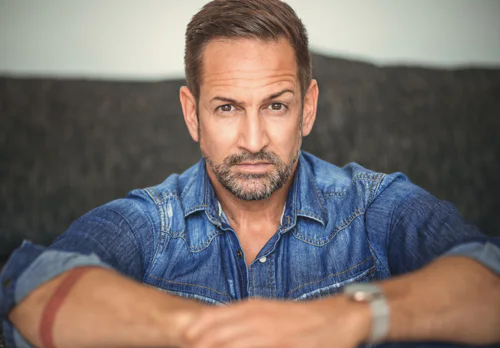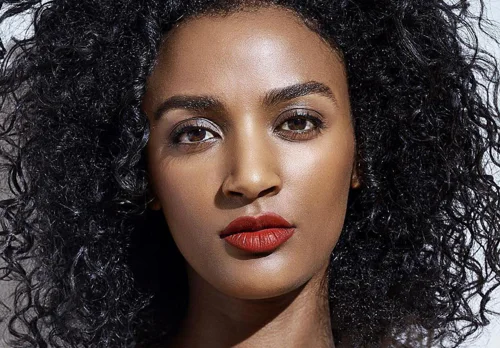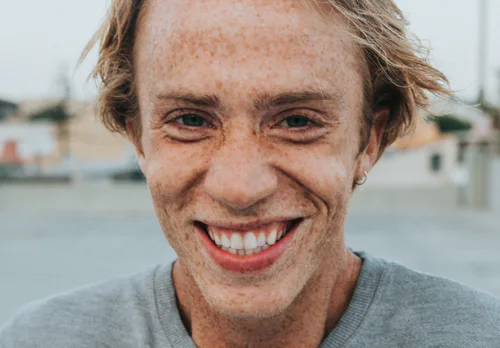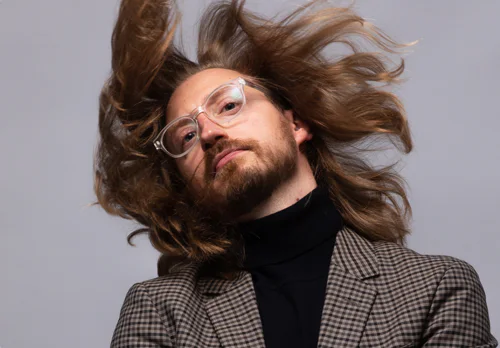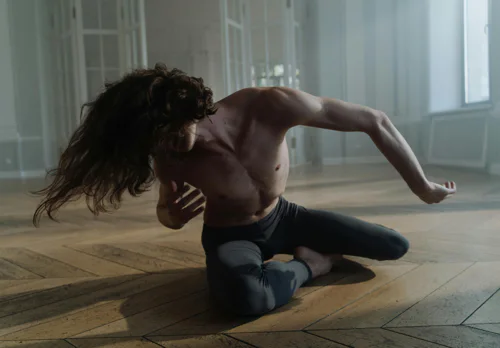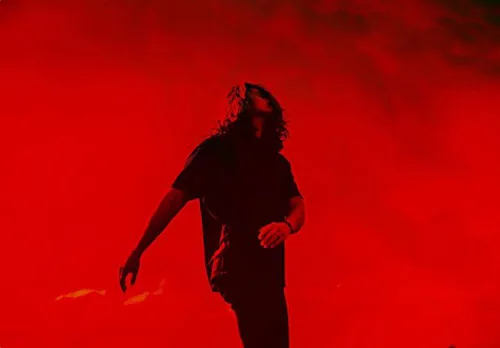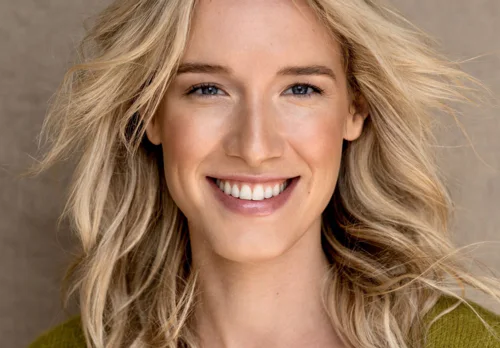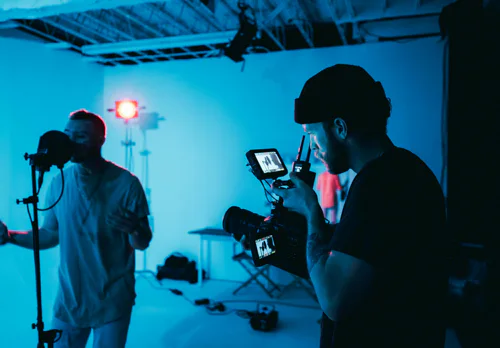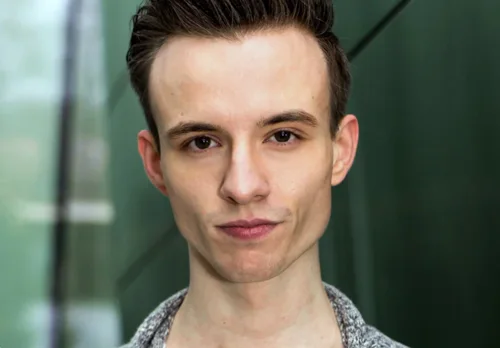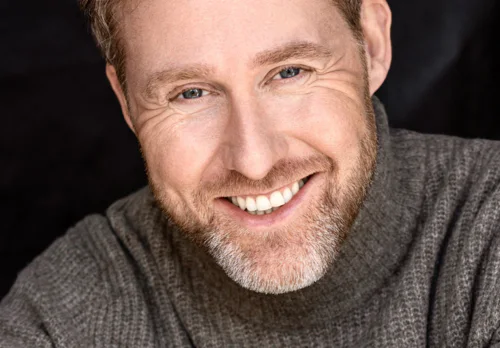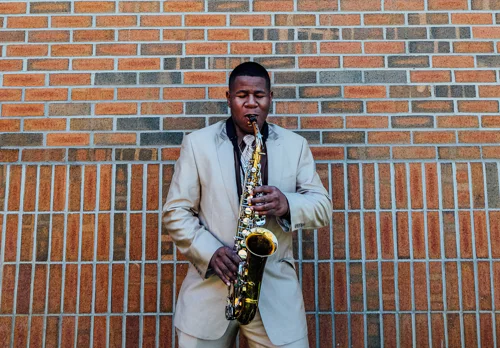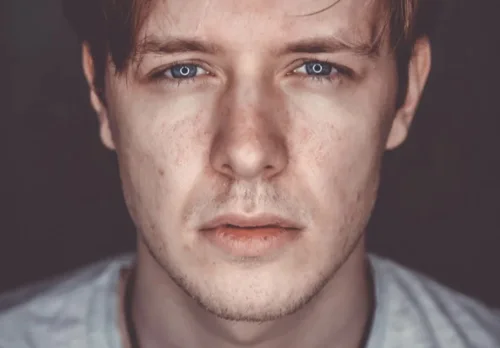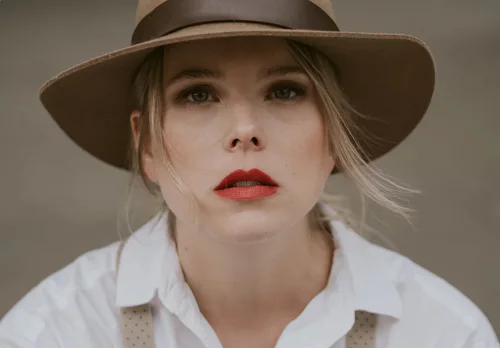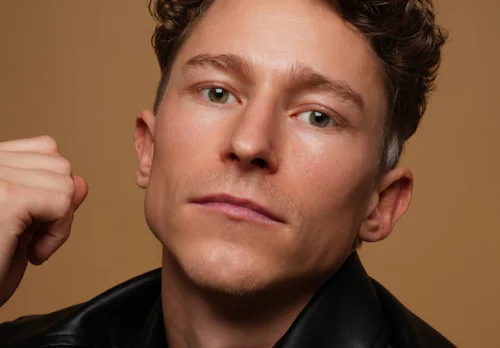What qualities and skills should a prospective dancer have?
The following aspects increase a beginner's chances of becoming a professional dancer: good body awareness, fitness, flexibility and mastery of basic dance techniques. In addition, young dancers should have excellent comprehension skills in order to be able to memorize step sequences well and reproduce them flawlessly. Moving dynamically also requires a pronounced musicality and a good sense of rhythm. Trainees have to prove this time and again during improvisation exercises.
Don't worry, that sounds like a lot of requirements at first. But it is precisely these things that are practised and optimized on a daily basis during training so that they do not pose any difficulties later on.
However, it is all the more important to start dancing early in order to master certain basics. This will give you a head start for entrance exams at dance schools or your first auditions. So if you have high ambitions, you should make a strong commitment right from the start. Maximum discipline, determination and an iron will are required.
What vocational training is required?
"You are born to dance" - that is the opinion of many experts. It is therefore not atypical that many children start dance training - usually classical ballet - at around the age of six. Others don't start until they are teenagers, which is considered very late in the industry when you consider that a dancer's career usually ends in their mid-30s. The aim of a dancer is to develop a strong individual expression and to manifest a certain maturity in their dance style. If you start dancing early enough, you will be very advanced at a young age and ideally have a great, long career ahead of you.
The best preparation for a career as a dancer is therefore dance training for professionals. This can take the form of school-based training to become a stage dancer by attending a vocational school for two to three years and taking a state final examination. Another option is to study dance at a university for three to four years. In the latter case, you also have the choice of either studying at one of the eleven state training institutions in Germany or enrolling at one of the numerous private universities. Well-known educational institutions include the Palucca University of Dance in Dresden, the Cologne University of Music and Dance and the Folkwang University of the Arts in Essen.
The following examples of Bachelor's degree courses should give you an idea of what is possible:
Stage Dance (Bachelor)
Music and Movement (Bachelor)
Dance, Context, Choreography (Bachelor)
Dance (Bachelor)
In further studies at Master's level, students deepen the basic content taught in the Bachelor's degree and usually specialize in a subject area such as choreography. This increases students' professional career opportunities.
What content is taught?
First of all, schools can specialize in dance alone or offer dance as one art form among many. Each school also has its own focus: classical, modern or a mix. Depending on the dance style, students can choose specialized schools. Special ballet schools or academies are a special case. Training to become a ballet dancer is one of the most difficult in the industry, as dancers not only have to meet certain physical requirements, but also perform at the highest level in terms of dance technique. Dancing with pointe shoes is the supreme discipline and requires a lot of practice. Due to the different types of schools and school profiles, the training content can therefore vary.
For example, academic and practical content in modern dance, music, dance and art studies, choreography and acting are taught during the course.
Examples of specific course content can be found in the key points below:
Selection: Variation, etude, foreign language
Stage project (research, rehearsals)
Supplement: voice training, singing, acting
International dance forms
Bodywork (dance medicine, body awareness)
Artistic process: dance, art and music history, stage production, choreography, composition, dramaturgy, stage law
Music theory for dancers
Professionalization (stage technology, marketing)
Dance and choreographic projects
Dance technique (modern, contemporary and classical dance, pointe work, pas de deux, jumps, improvisation)
Dance mediation
Dance studies
In the practical phases, students mainly hone their dance techniques in the various dance styles. In this way, they develop versatile skills and can also work on their personal motivations and goals. To make it easier for them to enter the profession later on, universities require them to constantly work on dance productions and their performances. This is a good exercise to become more experienced on stage. Students also have the opportunity to gain additional qualifications by completing internships or taking part in the many courses offered by internationally recognized guest lecturers, choreographers and other artists. In this context, universities provide the right environment for students to make valuable contacts for the future.
What do I have to do to qualify for an apprenticeship?
As with most training programs in the arts, the first step is to submit a written application. If the selection committee likes what they read, the applicants are then invited to an entrance examination. Only then is it decided whether individual candidates are suitable for dance training, based on their performance on day X.
Requirements
If you are applying for an apprenticeship at a vocational college, a secondary school leaving certificate or intermediate school leaving certificate is required. To study at a university or equivalent institution of higher education, a general or, if applicable, a subject-specific higher education entrance qualification must be presented. There is an exception if special artistic talents can be demonstrated. In principle, good grades in sport, music and foreign languages are always an advantage.
In addition to the level of education, some educational institutions define their own admission criteria. For example, it may well be that prior dance training in classical and contemporary dance is a prerequisite or that a medical certificate must be presented confirming that you are physically fit to take up dance training. In this respect, it makes sense to find out in advance from the respective school about the documents to be submitted.
Entrance examination
The examination committee has the task of testing the applicants' dancing skills. To this end, the young dancers are asked to take part in group exercises, perform as a group and present their own choreographies as a soloist. Depending on the school, certain dance styles (e.g. ballet, jazz dance, hip-hop) are required, for which applicants should prepare as well as possible. Applicants may then be called for individual interviews.
TIP: Some schools specify a certain dress code. In ballet, for example, girls are required to wear a bun, a black leotard, pink tights and pink slippers. Boys are required to wear a jockstrap, black leggings, a tight white T-shirt and black shoes. Pay attention to this information and dress accordingly for the entrance exam! If you turn up in the wrong outfit, it shows a lack of discipline, seriousness and reliability. No matter how well you can dance, this is a big minus point and can cost you your training or study place.
How do I convince people in the application process for a first job?
To get a job, there is hardly any way around auditions. You may be able to avoid a written application if you have the right contacts on the dance jury, but that's all.
In the casting or the audition itself, one thing counts above all: your dancing skills. The many years of your training are your preparation. If certain roles or choreographies are specified, you should of course rehearse them beforehand and find out about your potential employer. Choosing the right outfit is a good idea - see our tip in the previous section - as is your full concentration and attention.
